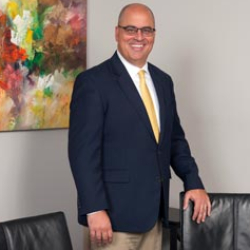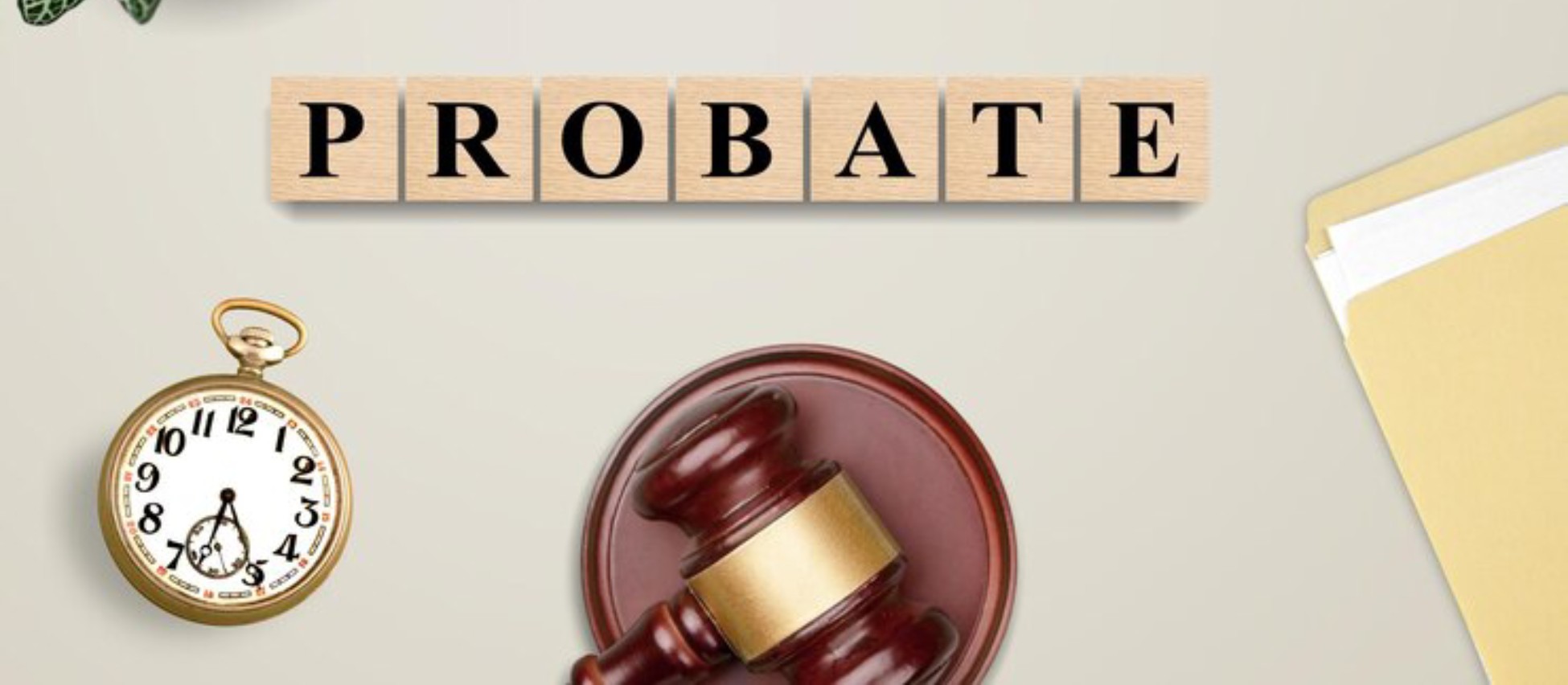‘Probate Lawyer near me’ or ‘best probate attorney near me’, if this has been your search activity on Google lately, then this article is for you.
Probate can be defined as a court proceeding that entails authenticating the legitimacy of a will. Simply put, it is a process that your estate has to go through upon your passing. It is a process necessary for the court to initiate the distribution of your estate. Although some dread the probate process, most estate attorneys in Michigan deem it necessary.
There are many advantages to this process, for instance
- Probate provides you with a 90-day window to close creditors attached to your estate
- It also offers you the privilege to challenge a creditor’s claims in court.
- By authenticating the will in court, disagreements and disputes that can arise between family members on how an estate should be handled, are easily avoided.
Being home to the best Grand Rapids probate lawyers, here at the office of Sean Patrick Cox we want our clients to understand this process better. With the help of this comprehensive guide on probate made specifically for executors, we aim to accomplish just that.
Types of Probate
Any probate attorney in Michigan will tell you that there are three main types of probate in the state. They are as follows:
1. Informal Probate
Informal Probate is considered to be the quickest of all the probate processes. In this process, no formal court hearing is necessary to authenticate a will. The informal probate process comes into effect when a testator has left behind a clear will. Under such a circumstance, whoever represents the will can proceed to distribute the assets of an estate with little to no court supervision required.
2. Formal Probate
Formal Probate is what one has to turn towards when the requirements necessary for informal probate are not met. In the absence of a will or a clear estate plan, the court will get involved and schedule a hearing to settle an estate and solve disputes, if any. As there is a hearing involved, the formal probate process is more expensive and time-consuming than its counterpart.
3. Summary Probate
Also known as simplified probate, this process is only applicable to small estates whose value doesn’t exceed a certain amount. Summary Probate also doesn’t require a court hearing. A need may arise to petition the court for an order. Once this petition is approved, however, the court will have no involvement in this matter. Instead of years, a summary probate process can conclude in a matter of days or months.
For more in-depth information on each of these processes, you can call the best Michigan probate lawyer at the law firm of Sean Patrick Cox anytime.
Roles and Responsibilities of Executors
Executor is a person that’s legally responsible for executing the wishes of a dead person according to the terms dictated in the will. Normally, close family members are chosen as executors.
An executor will perform the following duties
- File copy of the will with the local probate court
- Notify interested parties of a decedent’s death
- Determine what type of probate process to go with
- Represent the estate in front of the judge
- Make an inventory of the estate’s assets and file it with court
- Manage a property until it is either distributed or sold
- Clear the taxes and debts of an estate
- Distribute assets
- Dispose of remaining property to close the estate.
As an executor, you’ll be responsible for taking important financial decisions on behalf of the dead person, making sure the debts and taxes on their estate are cleared, and distributing assets to their rightful beneficiaries.
Although being chosen as an executor is considered an honor, it is also important to understand the liabilities attached to this role. For instance:
- Executors are directly liable for inheritance tax that’s due on the estate
- You will also be held liable for losses caused because of mistakes in the administration process
- Executors are also responsible for handling debts of the deceased.
- You are liable to protect the assets of an estate
- You are liable for claims against the estate
You can get in touch with our seasoned Grand Rapids probate lawyers to learn more about the roles and responsibilities of an executor.
Steps in the Probate Process
The leading probate litigation attorneys in Michigan at Sean Patrick Cox adhere to the following probate process.
1. Initiating Probate
The process starts when an executor or a Michigan probate attorney informs the court of an estate owner’s death. The death certificate’s copy must then be submitted to the court.
2. Notification Interested Parties
The executor or Michigan estate attorney will then have to notify beneficiaries, creditors, banks, government agencies, and other interested parties of the decedent’s death.
3. Inventory and Appraisal of Assets
The executor or Michigan estate lawyer must make an inventory of all assets owned by the deceased and assess their total value. This means assessing the value of all real estate, household items, and personal belongings of the deceased person.
4. Payment of Debts and Taxes
All taxes and debts attached to the estate of a deceased person must be cleared before the assets can be distributed to their rightful heirs.
5. Distribution of Assets
In accordance with the deceased’s will, the executor must make sure that all assets must be distributed to their assigned beneficiaries.
6. Closing the Estate
After assets are distributed, the executor can choose to dispose of whatever remains of the estate in order to close it.
You can consult our seasoned Grand Rapids probate lawyers for more clarity on the above process.
Probate Timeline in Grand Rapids
The time it will take to complete the above process will depend on the type of probate your executor chose to go with.
Formal probate, for instance, involved a court hearing. So it can take you at least two years to conclude this process.
Informal probate, on the other hand, is quick as there is little to no court involvement. The entire process will resolve within 6 months.
Summary Probate takes even less time than both the above variants. You can expect to be done with the probate process in the timeframe of 40 days to 6 months.
We suggest you consult our seasoned Grand Rapids probate lawyers to know which probate process is best suited for your situation.
Costs of Probate in Grand Rapids
The cost of probate will vary and depend on multiple factors like the lawyers you choose or the duration of the process itself. You will have to pay $150 in court filing fees in addition to $25 as an electronic filing system fee.
Besides this, you’ll also have to pay your probate lawyers. Attorney fees vary from state to state and firm to firm. Some charge a flat fee while others charge a small percentage of the total estate value in question. Besides this, you can also expect to pay additional money in;
- Appraisal Fee
- Accounting fees
- Executor Compensation
- Probate bonds, etc.
We suggest you talk to the seasoned Grand Rapids Probate Lawyers themselves to get a clear idea of how much the probate process will cost you in total.
Alternative to Probate
Although necessary, you can employ many methods to avoid the probate process. Below are three methods to do so.
1. Living Trust
A living trust is a trust that you can create while you are alive. The trust dictates how your property should be managed and how it should be distributed upon your death.
2.Joint Ownership
Joint Ownership dictates terms that enable the ownership of property by two or more people. The joint owners automatically gain ownership of a deceased’s estate and have an equal right to either keep or dispose of the property.
3.Paid on Death Accounts of Transfer on Death Accounts
These accounts are normal bank accounts with a beneficiary named to inherit all the money kept in this account if the original bank account holder dies. To set up such accounts, you simply have to notify the bank with the legal name of the person who you’d want to inherit your account after death.
Conclusion
Probate is a long and excruciating process but it is also a necessary one to facilitate the hassle-free execution of a will. It is a process through which a court validates a will to ensure there are no disputes or disagreements during the settlement of an estate. The process can be considerably simplified with thoughtful estate planning.
Without a proper estate plan, you, as an executor, may end up wasting a lot of time and money on concluding the probate process. You can avoid these issues by hiring seasoned Grand Rapids probate lawyers from the trusted law firm – Sean Patrick Cox.
For more than 25 years, we’ve helped many of our clients successfully navigate the complex world of estate planning and probate laws. We can do the same for you as well.
Call us now to schedule a free initial meeting with our lawyers.

Sean Patrick Cox is a lawyer. Sean practices in two main areas, family law, and elder law. he has represented clients in complex divorce cases since 1994.





